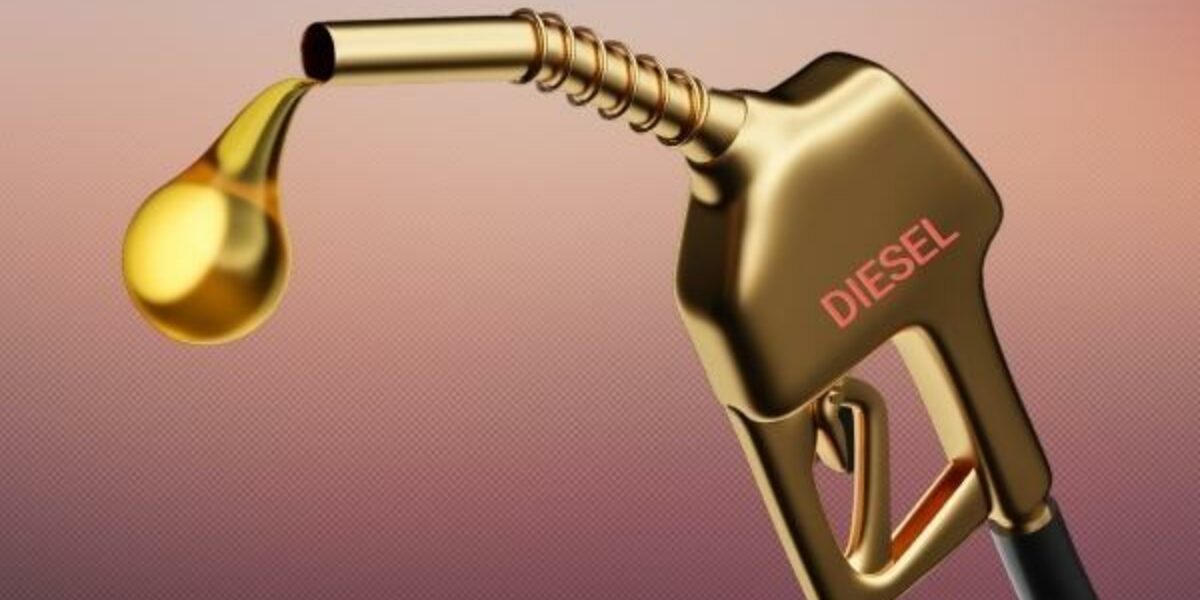Diesel EN590 is the standard European diesel fuel grade, defined by the European Committee for Standardization, meeting strict requirements for quality and emissions. Diesel EN590 is widely used across industries and preferred for vehicles, machinery, and other equipment requiring high-quality diesel that complies with environmental standards. If you are a buyer in this market, understanding quality assurance and compliance standards is essential. This guide will walk you through the critical steps in ensuring that your diesel EN590 purchases meet industry standards, ensuring a reliable and compliant supply.
1. Understanding Diesel EN590 Standards
The EN590 standard specifies key properties for diesel fuel, including sulfur content, density, viscosity, and cetane number. This standard was created to improve fuel efficiency, reduce emissions, and meet environmental regulations across the EU and beyond. EN590 diesel must have a sulfur content of 10 parts per million (ppm) or less, a cetane number above 51 for efficient combustion, and a flashpoint of 55°C or higher. Diesel EN590 buyers must ensure these properties are adhered to, as failure to meet these standards could result in compliance issues, potential equipment damage, and higher environmental impact.
2. Quality Assurance for Diesel EN590
When sourcing Diesel EN590, quality assurance should be a top priority. To verify quality, request a Certificate of Analysis (COA) from your supplier. The COA details the fuel’s properties, confirming it meets EN590 standards. Some specific characteristics to check in the COA include:
- Sulfur Content: EN590 limits sulfur to 10 ppm. Higher sulfur can increase emissions and harm the environment.
- Cetane Number: A higher cetane number signifies better ignition quality. EN590 specifies a minimum of 51.
- Density and Viscosity: EN590 defines ranges for both properties to ensure fuel efficiency and protect engine performance.
In addition to the COA, request samples before placing bulk orders. Testing a sample helps you ensure that the supplier delivers diesel that meets EN590 standards consistently. Establish relationships with testing labs, or if you purchase frequently, invest in quality testing equipment to confirm the product meets specifications.
3. Selecting a Reliable Supplier
Choosing a reputable supplier is one of the most critical decisions in the buying process. Here are some key factors to consider:
- Reputation and Track Record: Research the supplier’s history in the market and read customer reviews. Look for companies that have a strong reputation for delivering quality products on time.
- Certifications: A reliable supplier should have industry certifications, such as ISO certifications for quality management, which ensure a commitment to quality control and regulatory compliance.
- Transparency: A trustworthy supplier should be transparent about their sourcing, production processes, and quality control measures. Ask potential suppliers about their production processes and adherence to EN590 standards to confirm compliance.
Avoid suppliers offering unusually low prices, as they may cut corners, potentially compromising the quality of the diesel. Partnering with an established supplier with a strong reputation ensures a more secure supply chain and reduces the risk of receiving subpar or non-compliant fuel.
4. Ensuring Compliance with Environmental Regulations
One of the main reasons for adhering to EN590 standards is environmental compliance. Regulations surrounding diesel emissions are strict, particularly in Europe, where EN590 diesel is required to meet EURO 5 and EURO 6 emissions standards. These regulations mandate low sulfur content to reduce emissions and minimize environmental impact. Purchasing non-compliant diesel may lead to legal penalties and reputational damage, making compliance essential for diesel buyers.
If your organization operates internationally, research the specific regulatory requirements in each region you operate. Although EN590 diesel is widely accepted, some countries may have additional standards or certification requirements, especially in the European Union, which may require EURO 6 compliance for vehicles.
5. Logistics and Storage Considerations
Once you’ve sourced compliant EN590 diesel, storage and transportation become critical. Diesel is sensitive to contamination from water and particles, which can impact quality and performance. Proper storage tanks should be clean, sealed, and equipped with water-draining mechanisms to avoid contamination. Additionally, regular tank maintenance helps maintain diesel quality during storage.
For transportation, ensure your logistics partner follows best practices to prevent contamination and meets all legal requirements for transporting diesel fuel. A reliable transport partner will adhere to safety standards, handle the diesel with care, and provide secure transportation, reducing the risk of accidents or contamination.
6. Building Long-Term Supplier Relationships
Establishing long-term relationships with suppliers can be beneficial for ensuring consistent quality and compliance. A supplier who understands your specific requirements and can meet your demand in a timely manner adds value to your operations. Long-term partnerships can often lead to better pricing, priority on supply during high-demand periods, and a smoother ordering process.
Conclusion
Ensuring quality and compliance as an EN590 diesel buyer is vital for the operational and environmental standards of your business. By understanding EN590 specifications, vetting suppliers thoroughly, maintaining environmental compliance, and considering logistical factors, you can secure a reliable and high-quality supply of EN590 diesel. Following these steps will allow you to optimize costs, support regulatory compliance, and enhance efficiency in your fuel purchasing process.





Responses